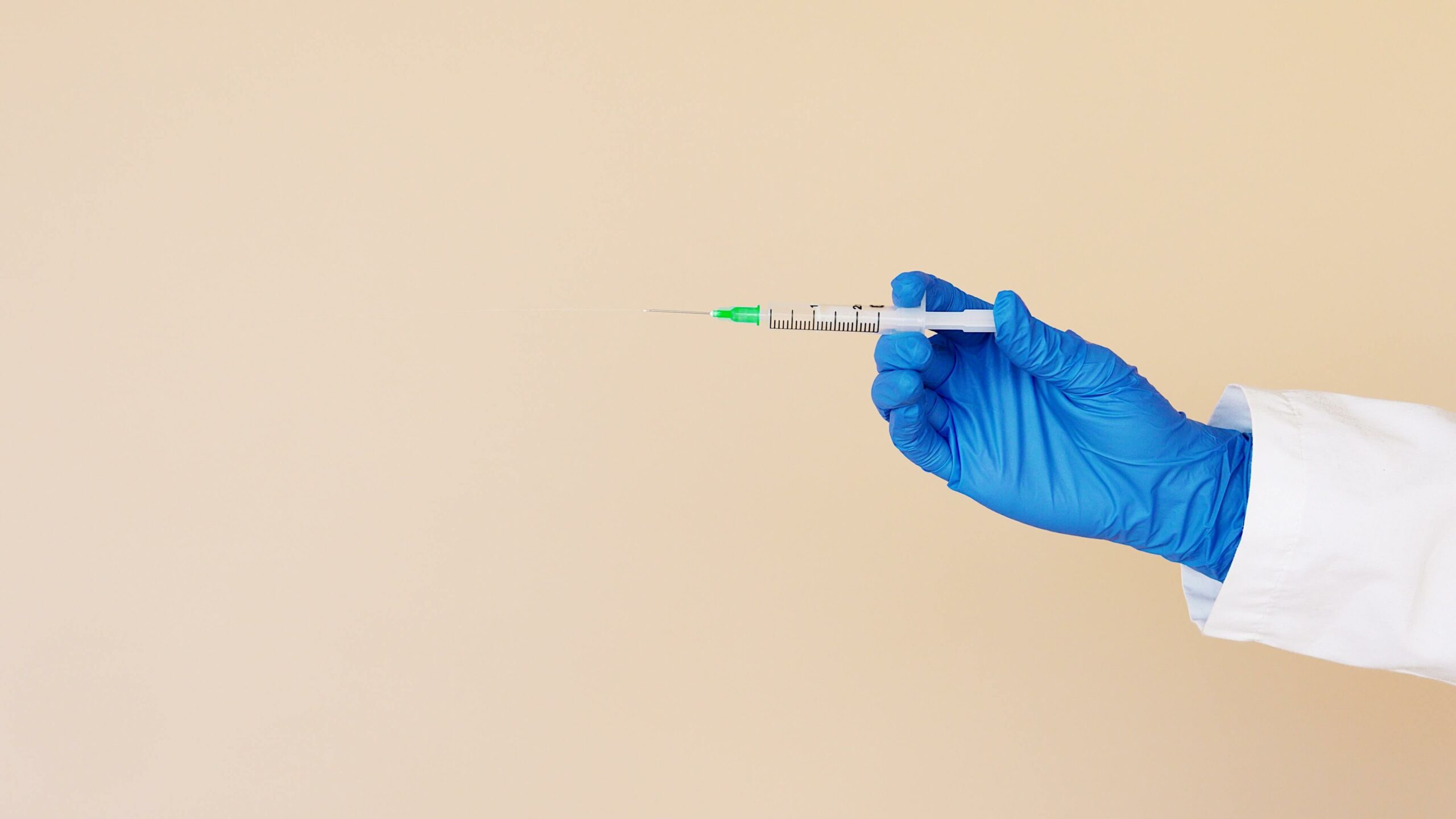Syphilis is a sexually transmitted disease caused by the bacterium Treponema pallidum. It can be transmitted when someone comes into direct contact with a syphilis sore. If left untreated, syphilis can cause blindness, organ and nervous system damage.
Transmission Of Syphilis
Syphilis is typically contracted through the genitals, mouth, or broken skin. The disease is particularly contagious during the primary and secondary stages when sores, ulcers, or a rash are present.
The symptoms of syphilis present in four stages: primary, secondary, latent, and tertiary. Each stage carries different symptoms.
A Closer Look At The Four Stages Of Syphilis
The primary stage occurs 2 - 12 weeks after exposure. A smooth, hard, often painless sore, known as a chancre, develops on the genitals or mouth. The sore will heal after 3 - 6 weeks, but the person will remain infectious. If left untreated, the disease progresses to the secondary stage.
The secondary stage emerges about one to six months after the syphilis sore has healed. This phase often begins with a non-itchy rash covering the entire body, accompanied by symptoms like fever, fatigue, wart-like sores, muscle aches, weight loss, headaches, hair loss, and swollen lymph nodes. If left untreated, the infection will ascend to the latent stage.
The latent stage is characterised by the disappearance of external signs or symptoms of syphilis, but the infection continues internally, affecting the heart, bones, nerves, and other organs. This stage can span up to 20 years, and without treatment, the infection may advance to the final stage.
The final, or tertiary stage, is where severe health issues gradually arise. Approximately 20% of untreated syphilis patients reach this stage, typically 10 - 30 years after the initial infection. Complications at this stage include brain damage, heart disease, movement disorders, nerve damage, seizures, and vision problems, including blindness.
Congenital Syphilis And Pregnancy
Syphilis can also pass from a pregnant woman to her unborn child, resulting in congenital syphilis. This can cause serious issues like premature birth, low birth weight, miscarriage, umbilical cord issues or stillbirth.
Keeping in mind the dangers of congenital syphilis, healthcare providers will typically do a screening for sexually transmitted diseases during prenatal visits.
Diagnosis And Treatment For Syphilis
A healthcare provider will conduct a physical examination, checking the genitals, anus, and the rest of the patient’s body for signs of the disease, like sores or a rash. They might also collect fluid samples from any sores or draw a blood sample for testing.
Treatment for syphilis typically involves antibiotics, administered via injections, tablets, or capsules. Syphilis can be treated at any stage of the disease, but the damage incurred in the latter stages might be irreversible. Safe and effective antibiotic treatment is available for pregnant women diagnosed with syphilis.
If you’ve been diagnosed with syphilis, it is important to notify all current and previous sexual partners, so that they can also get tested and treated for syphilis.


 71–75 Shelton Street, Covent Garden, London, WC2H 9JQ
71–75 Shelton Street, Covent Garden, London, WC2H 9JQ +44 (0) 20 3376 1032
+44 (0) 20 3376 1032



